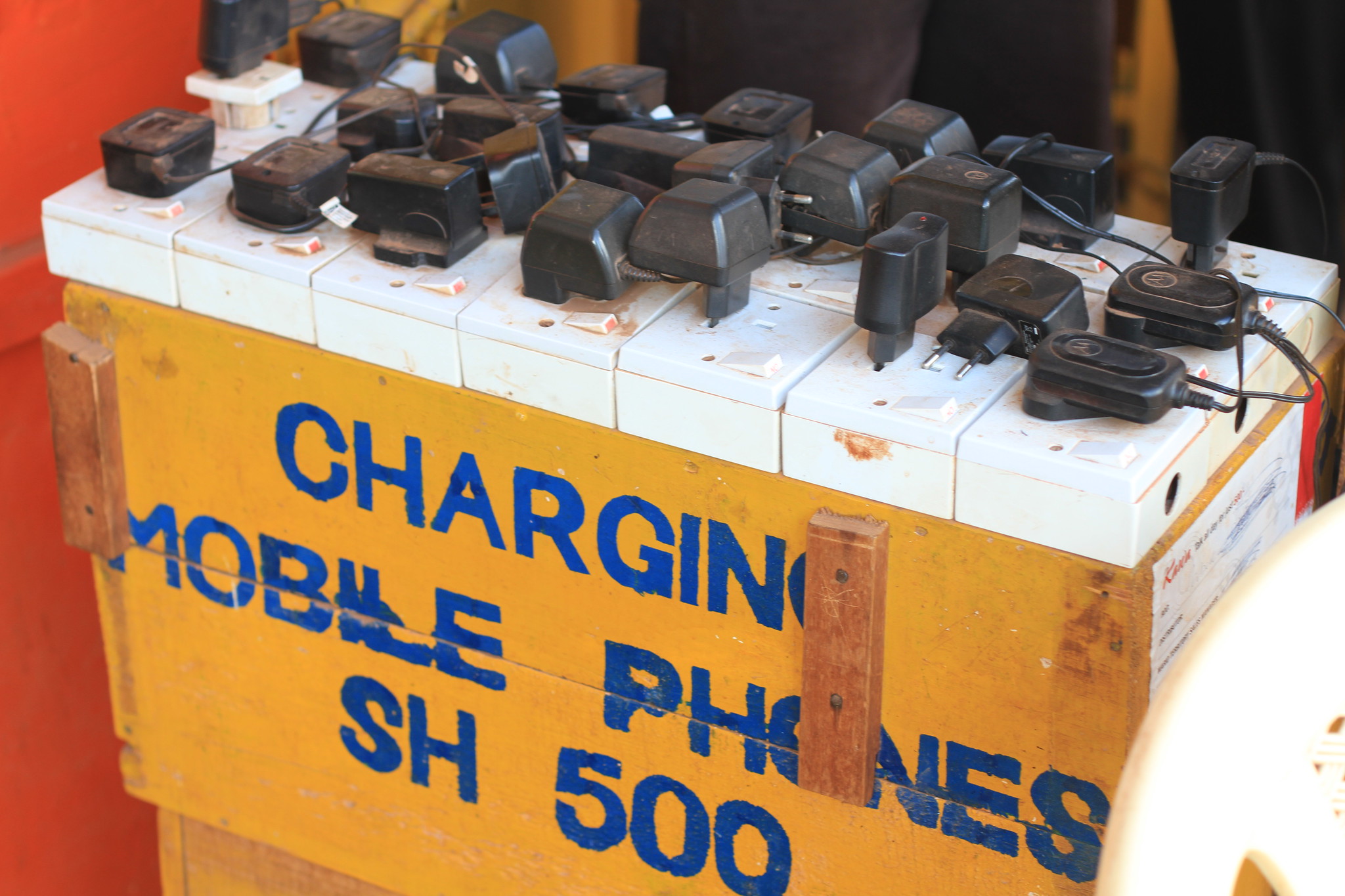Researchers from the University of Georgia and Makerere University in Uganda have launched a project leveraging the popularity of selfies to promote tuberculosis (TB) treatment.
The intervention, dubbed DOT Selfie, is one of thirteen mobile health research projects funded by the National Institutes of Health and The Fogarty Center to improve health outcomes, health care services and health research in low- and middle- income countries.
TB is one of the world’s deadliest infectious diseases, and though the disease is treatable, almost one-third of TB patients do not follow prescribed treatment plans.
Non-adherence is a major obstacle to TB control in low- and middle-income countries, says Juliet Sekandi, an assistant professor in the Global Health Institute at UGA’s College of Public Health and lead investigator for DOT Selfie.
But many TB patients in these countries face their own barriers to treatment, she added.
“Major barriers to medication adherence include patient-related factors, such as stigma and lack of overall knowledge about TB, and they include systemic factors, such as the cost of travel to health clinics or long waiting times at health facilities due to high patient to health worker ratios,” said Sekandi.
Adherence challenges are particularly acute in sub-Saharan Africa, where TB rates can be as high as 800 per 100,000 and resources for delivery of health care are limited.
Directly observed therapy (DOT) is acknowledged as the best way to monitor and ensure TB treatment adherence, but this approach proves difficult in areas where there are health care gaps.
In recent years, mobile health tools, including the added video function of a smartphones, have helped overcome some of these barriers to adherence. But there is limited evidence describing the best ways to utilize mobile technologies.
Sekandi’s team is piloting the DOT Selfie project with around 150 TB patients in the Uganda, a country that is estimated to have 45,000 new cases of TB per year. It will be among the first trials to evaluate video DOT in an African setting.
DOT Selfie patients will use their smartphones to record and send time-stamped videos of their daily medication intake. In return, they receive a weekly reward for following their medication regime.
“The need for frequent travel to health facilities is eliminated, which is a big deal,” said Sekandi. “It also offers autonomy to take medications anywhere, anytime, perhaps in a location with more privacy.
Sekandi says she and her team are most excited about the potential impacts of this project to propel health care delivery forward in Uganda and the rest of Africa.
“The successful use of mobile technology will address some critical systemic barriers that persistently lead to poor health outcomes in Africa,” said Sekandi.
– Lauren Baggett
Posted on January 14, 2020.
Additional coverage at ASPPH.







